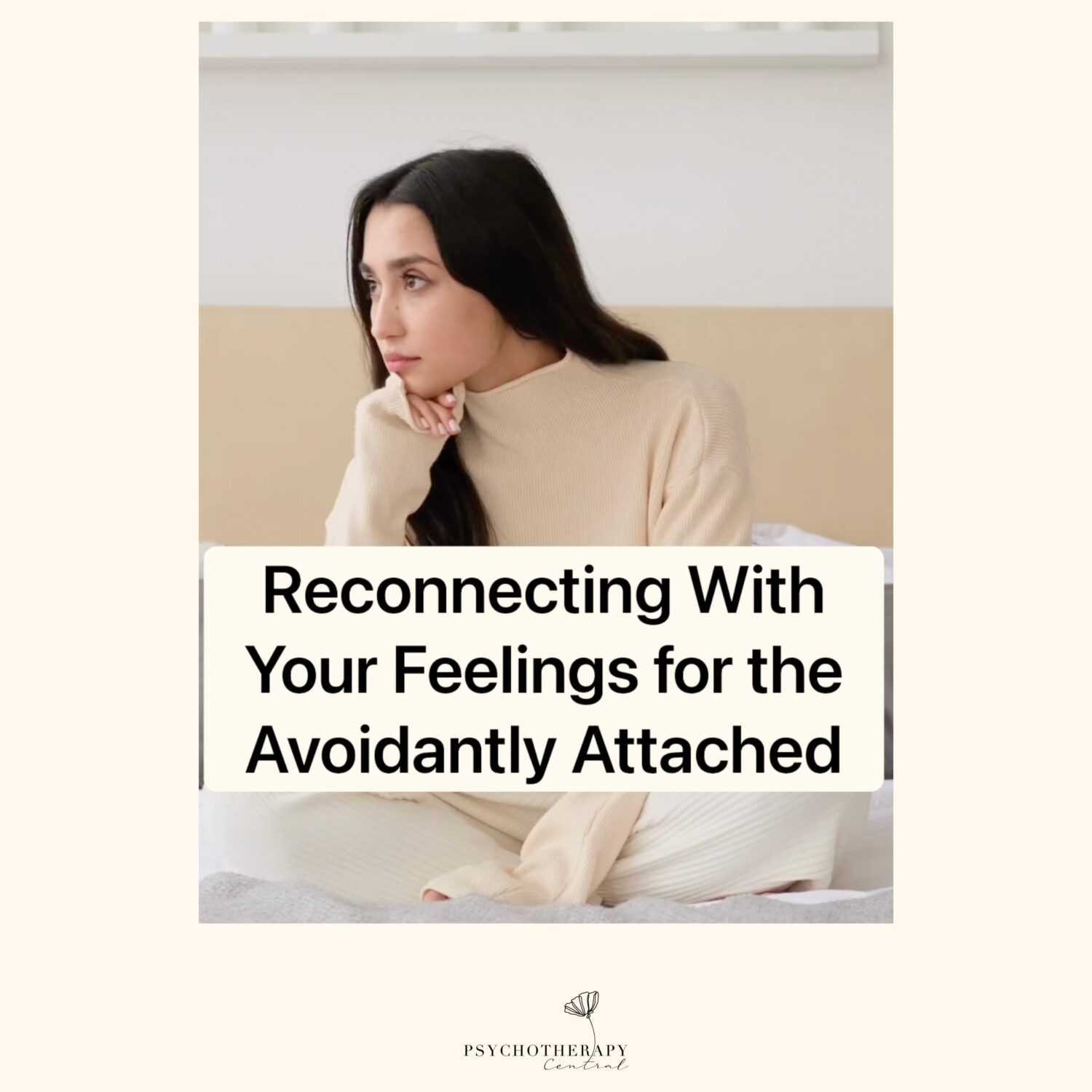When you have the avoidant adaptation, you likely grew up in an environment where it was not okay to have needs or your needs were denied, so you shut them down. As an adult, you may judge yourself as weak for having needs and shut them down. This makes sense.
If you grew up with a caregiver who was not attuned to your needs and put their needs before yours, over time, you learn to deny them.
You learn that having needs is annoying for your caregiver or, worse, dangerous. If you were consistently shouted at, shamed or hit for asking for what you need, it is natural to start to hide your needs, first from your caregiver and then from yourself. It can then be difficult to identify your needs as an adult because you have become disconnected from your body and needs.
Identifying what you need and feel in any situation as an adult can be challenging. It can be tough to know what you are feeling or what kind of connection you want with others. If you identify with this, know that this makes sense.
For the avoidant adaptation, reconnecting with your needs, body, and emotions is part of your healing journey.
There are many ways to begin to reconnect to the body. Two of the most potent ways I use with my clients are yoga and somatic psychotherapy in the form of Gendlin’s ‘Focusing’.
A fabulous, short, easy-to-read book on how to practice Focusing is “The Power of Focusing” by Ann Weisner Cornell.
Let me know how you have successfully reconnected with your feeling.
Jen
